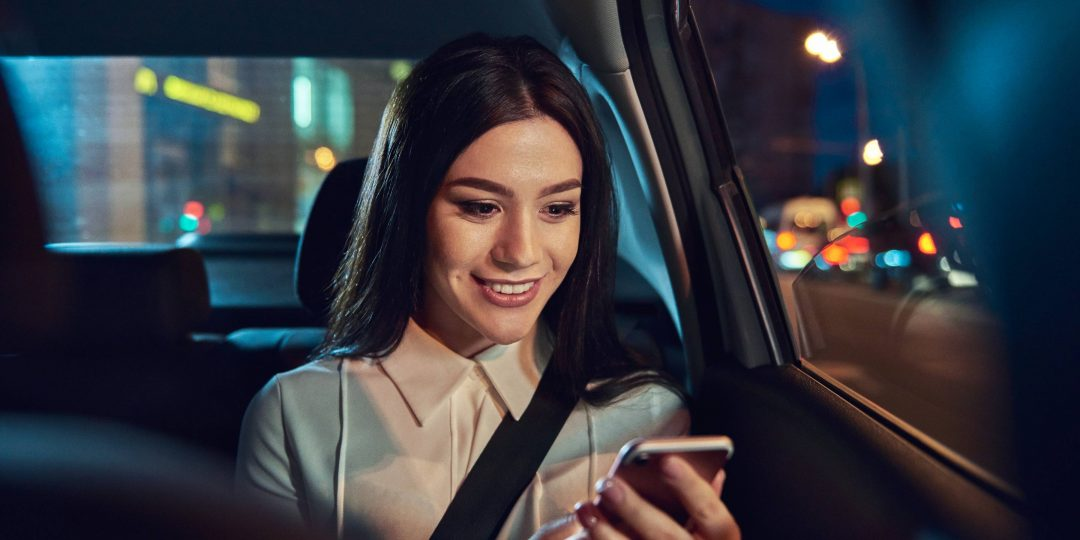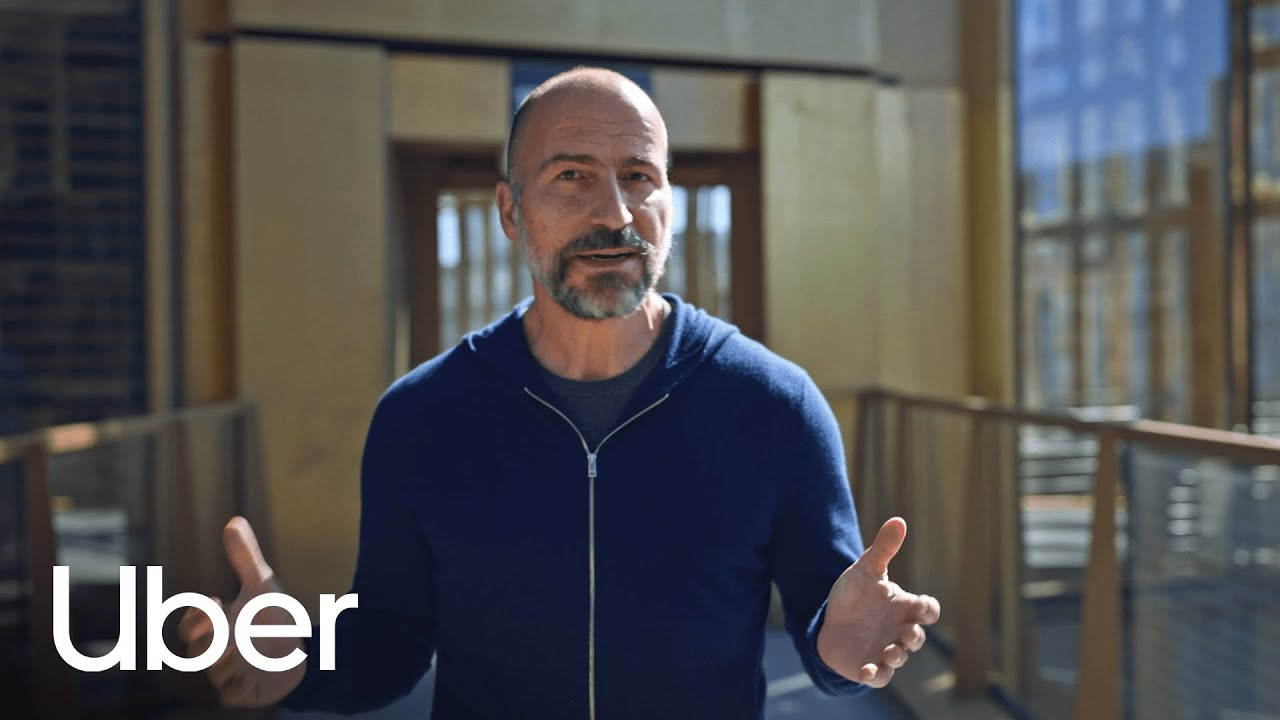London Black Cabs Sue Uber In Latest Legal Tangle

More than 10,000 London black cab drivers sue Uber claiming company acted illegally to obtain licence and gain market share
Uber is facing its latest legal challenge in London in the form of a mass lawsuit by nearly 11,000 black cab drivers that seeks hundreds of millions of pounds in damages for allegedly operating illegally in the capital.
The claim by litigation firm RGL Management alleges the ride-hailing firm acted improperly to gain its licence to operate in the city in 2012 and made unlawful gains for at least six years after that.
The firm says the way that the company’s app operated did not at that time comply with UK legal requirements for private-hire vehicles and that its intention was to unlawfully gain market share from black cabs.
“Uber knew this at all material times; and that in order to obtain its license Uber deliberately misled Transport for London as to how that operating system worked,” RGL said in a statement.

‘Above the law’
RGL said more than 10,800 drivers have joined the lawsuit so far with potentially more on the way.
The firm believes the total claim value could exceed £250 million ($313m) including interest.
“Uber seems to believe it is above the law, and cabbies across London have suffered loss of earnings because of it,” said black cab driver Garry White in a statement issued by RGL.
“It is time they were held to account.”
“Uber has consistently failed to comply with the law that applies to private hire vehicles in London,” said Richard Leedham, partner and head of commercial disputes at Mishcon de Reya, which filed the action in the High Court on behalf of the claimaints.

‘Unfounded’
“These old claims are completely unfounded. Uber operates lawfully in London, is fully licensed by TfL, and is proud to serve millions of passengers and drivers across the capital,” Uber said in a statement.
The firm has had a troubled history in London, with Transport for London attempting to refuse to renew its licence in 2017 and 2019. It successfully appealed on both occasions.
The UK Supreme Court in 2021 ruled Uber must treat its drivers as employees, rather than independent contractors, giving them benefits such as holiday and pensions.
The company has aroused similar controversies in other countries, most recently agreeing to pay £149m in a settlement with Australian taxi drivers who alleged it used illegal tactics to establish itself there.
London hostility
In November of last year Uber said users would be able to hail black cabs over its app as part of a diversification scheme, but the Licensed Taxi Drivers Association said no taxi groups had been informed of the plan before it was announced.
“We have no interest in sullying the name of London’s iconic, world-renowned black-cab trade by aligning it with Uber, its poor safety record, and everything else that comes with it,” the association’s general secretary, Steve McNamara, told Bloomberg.